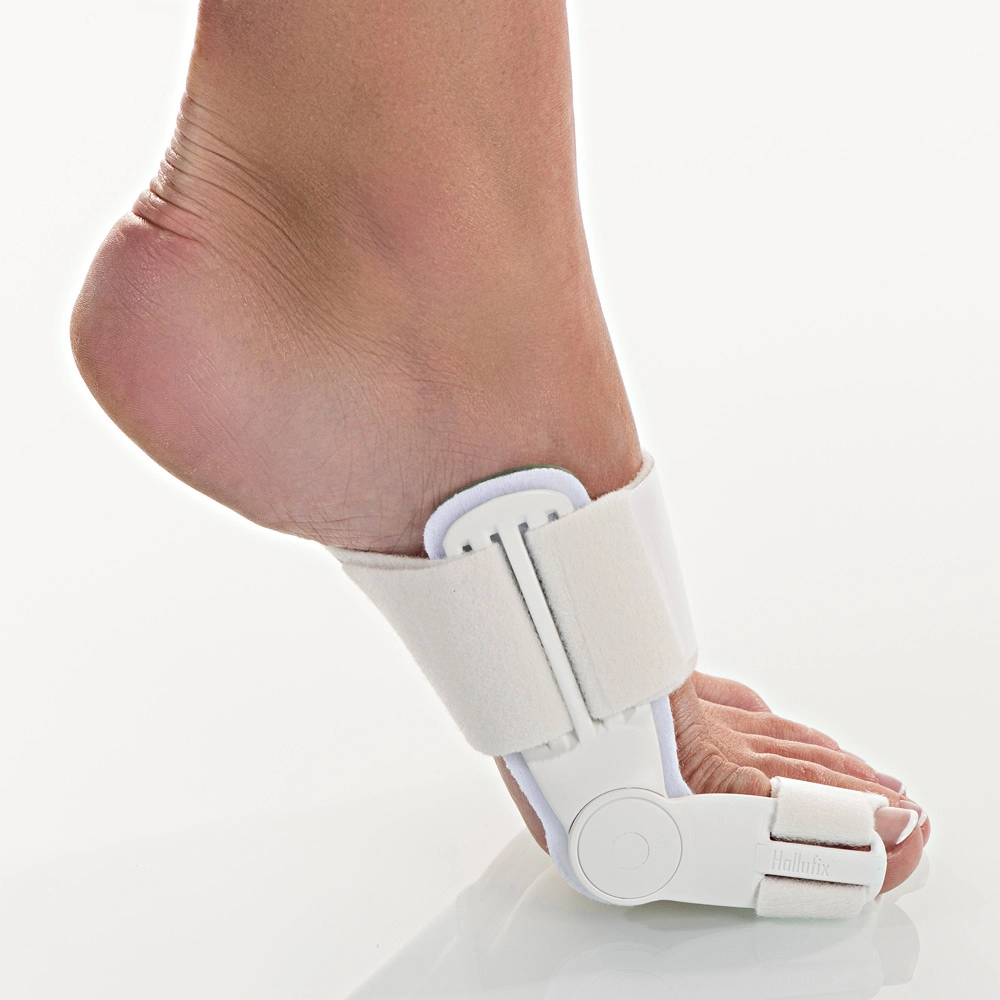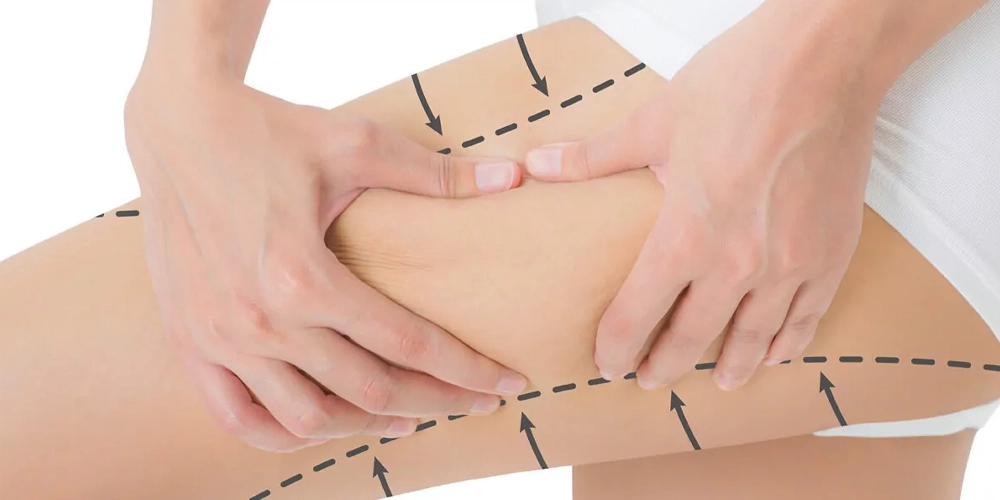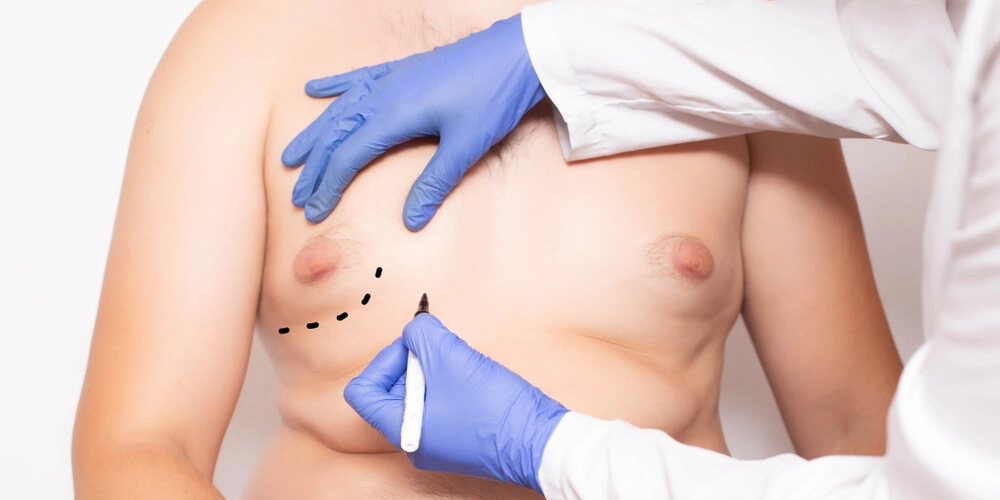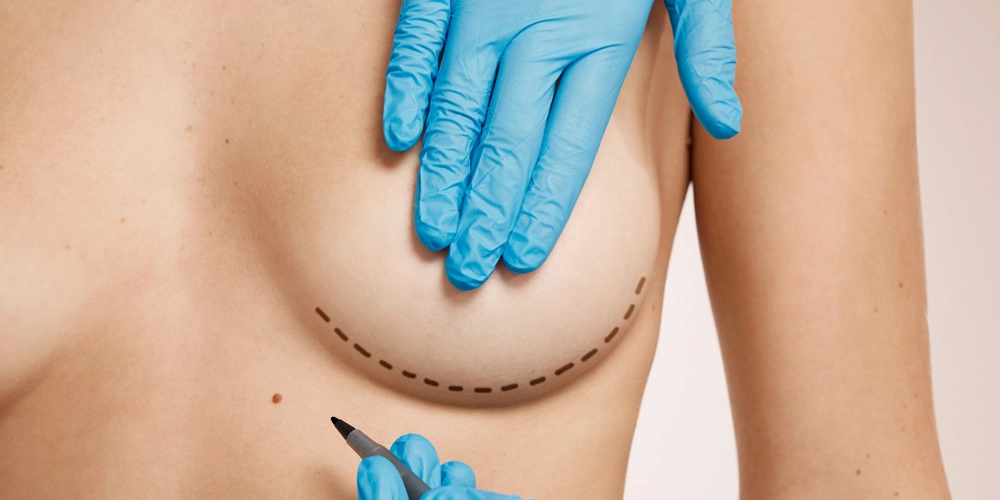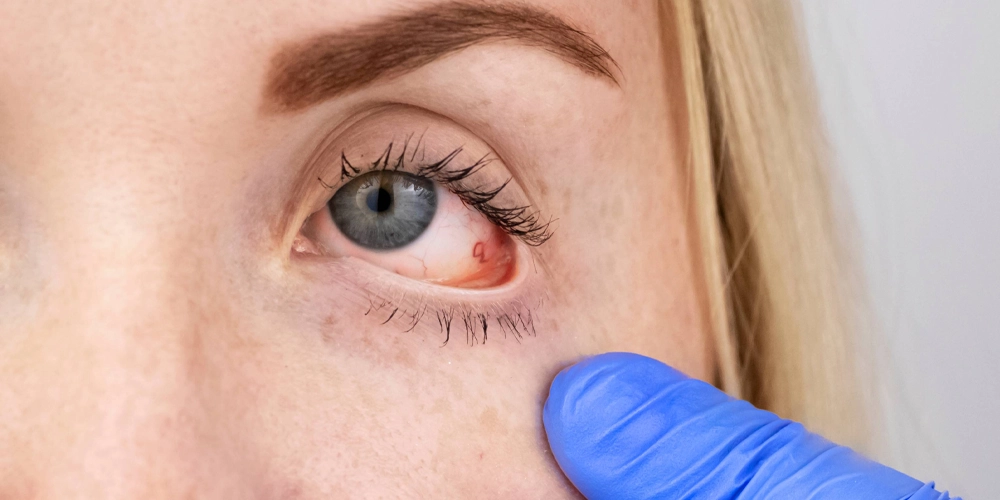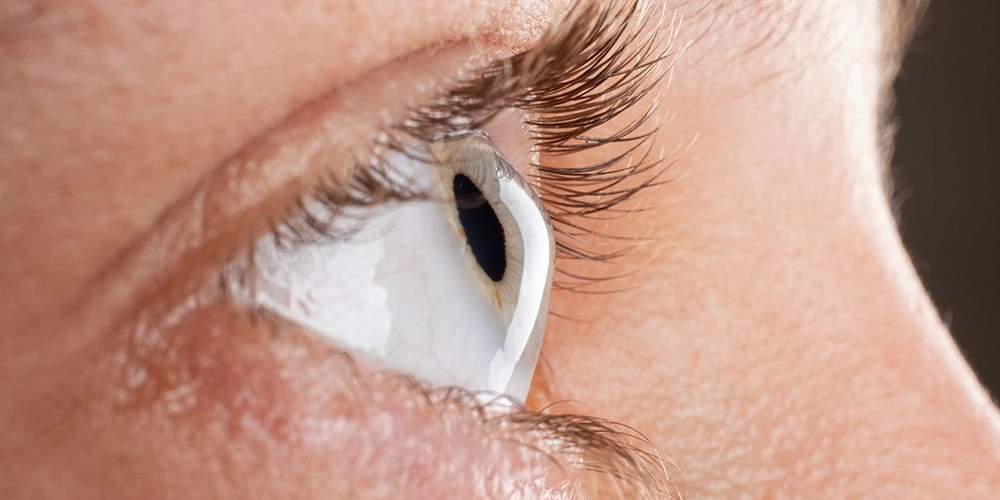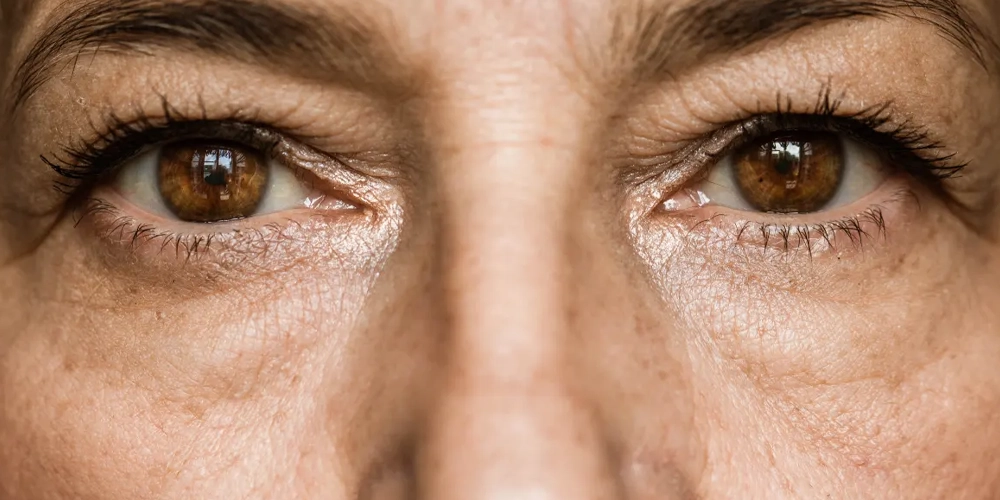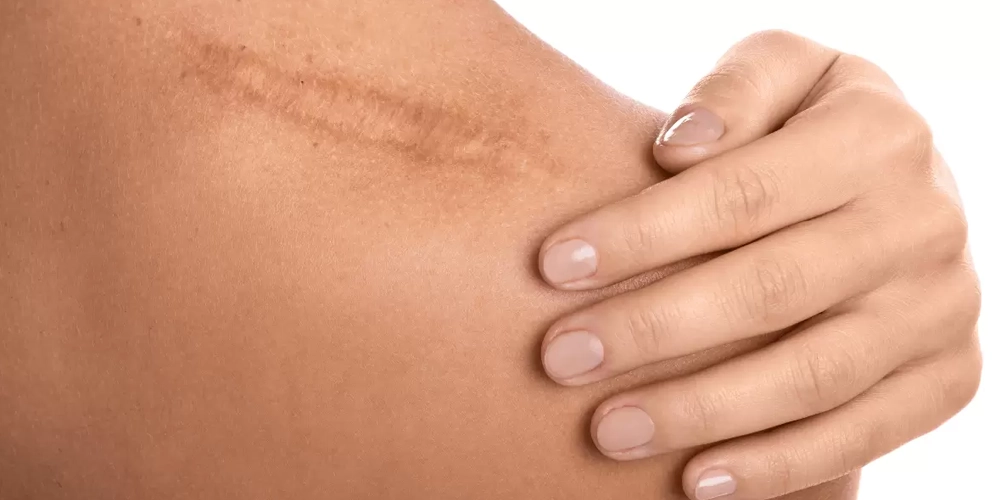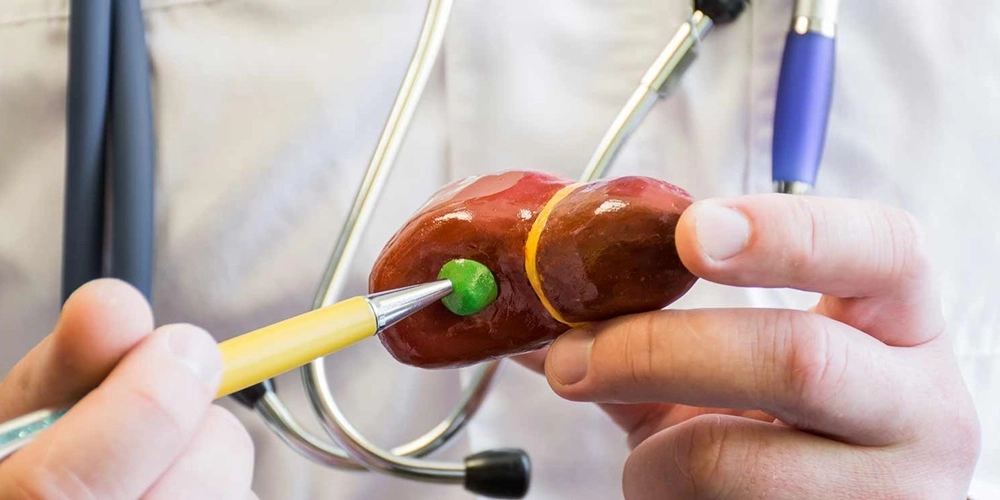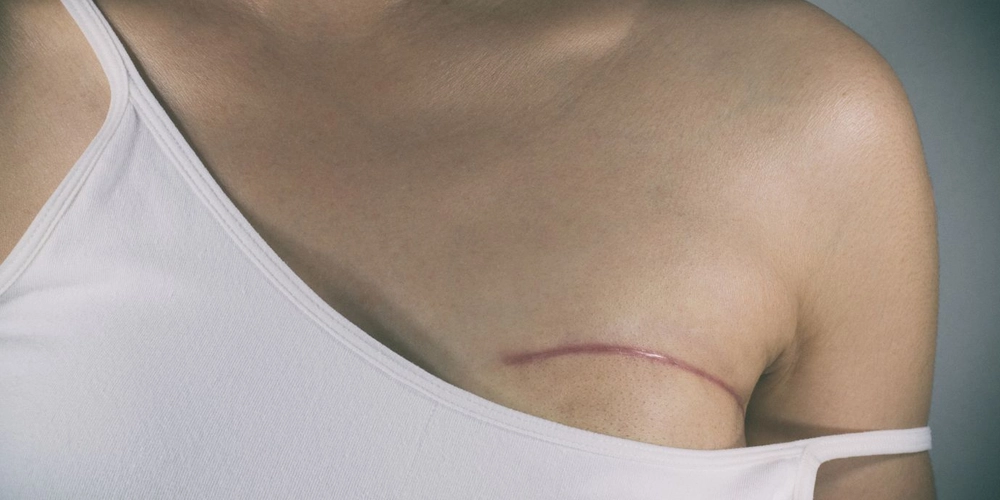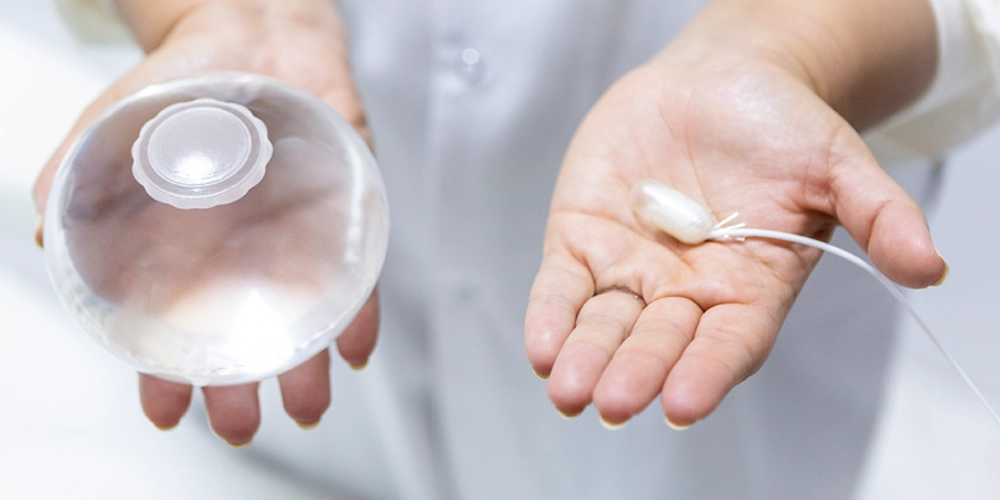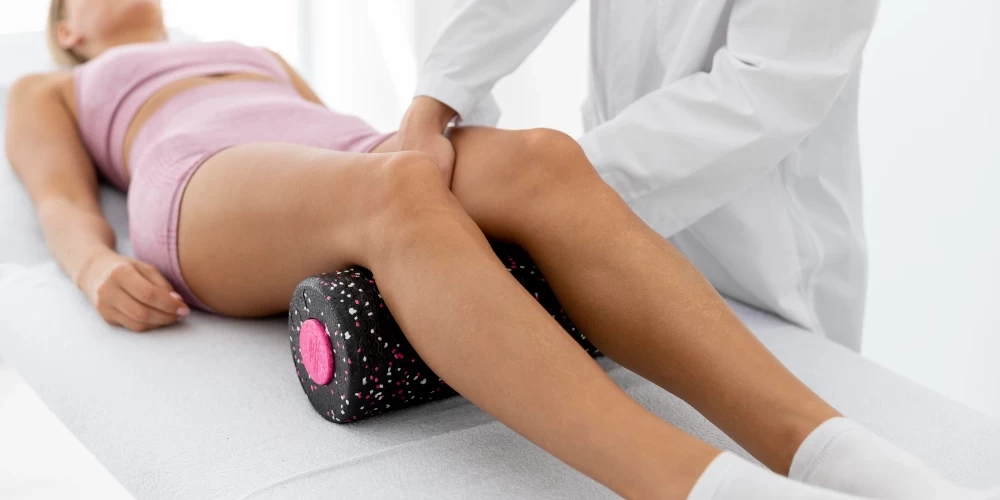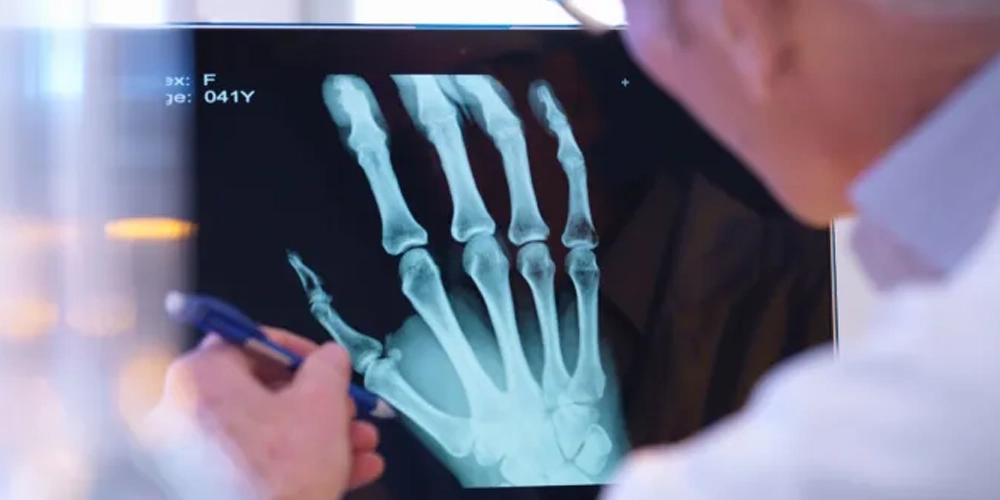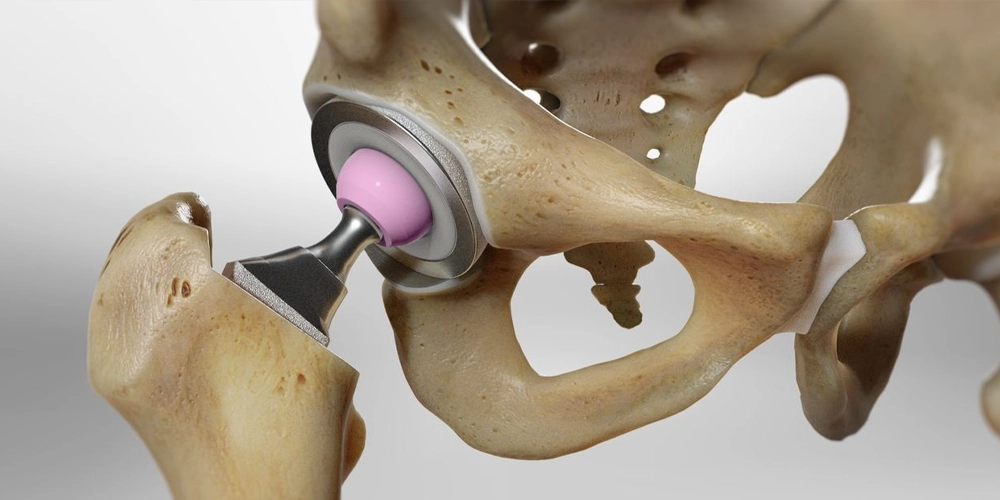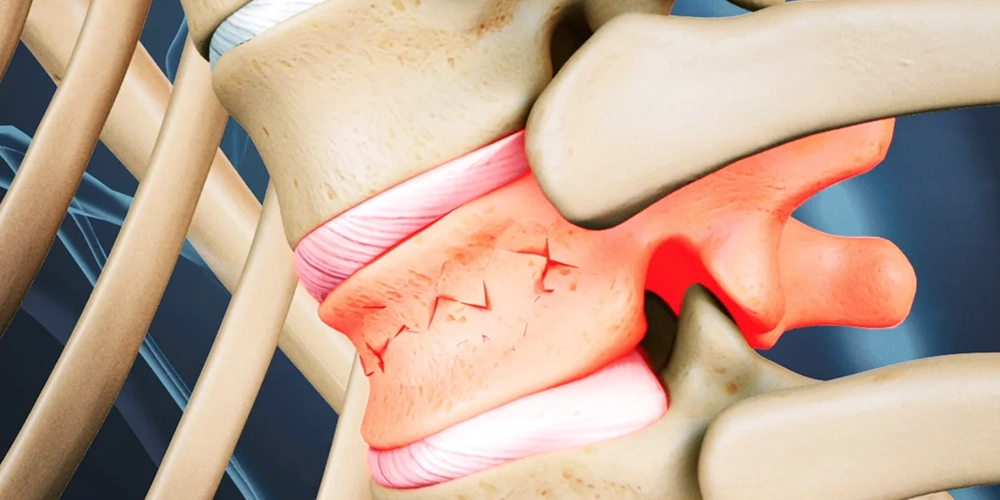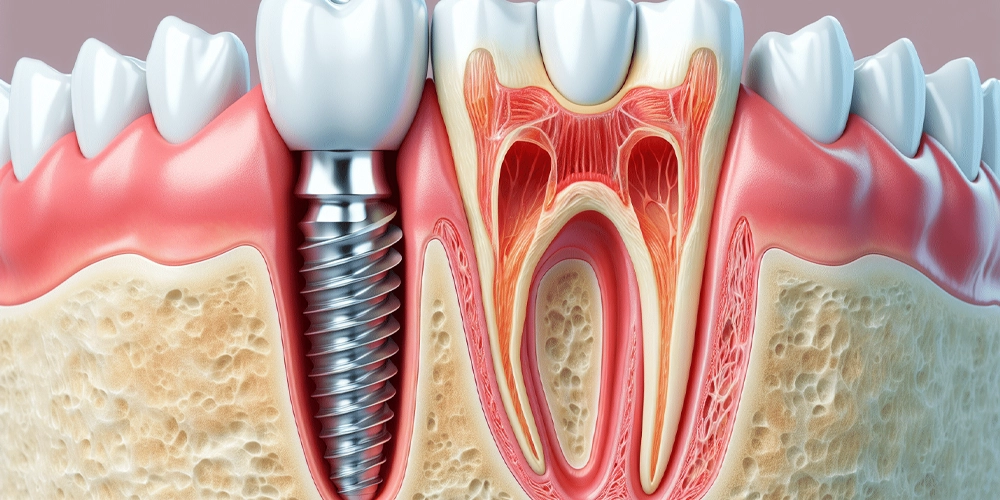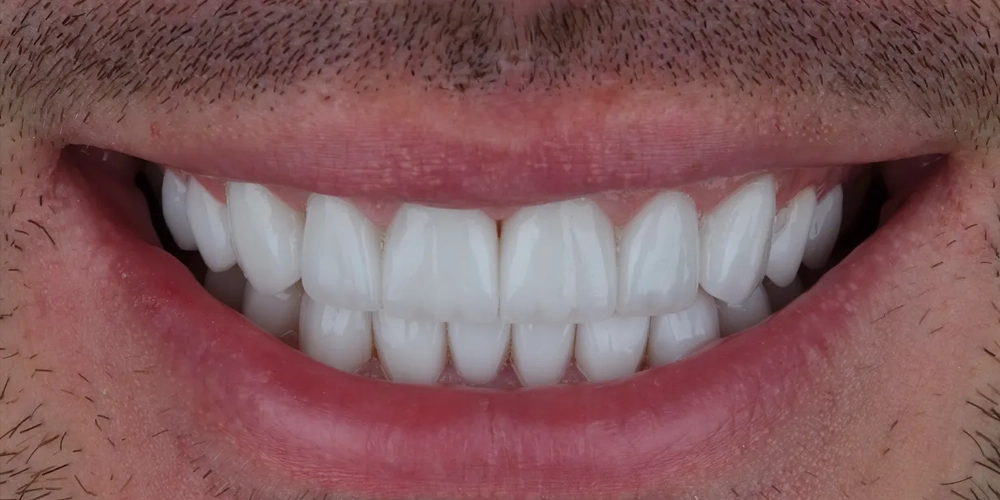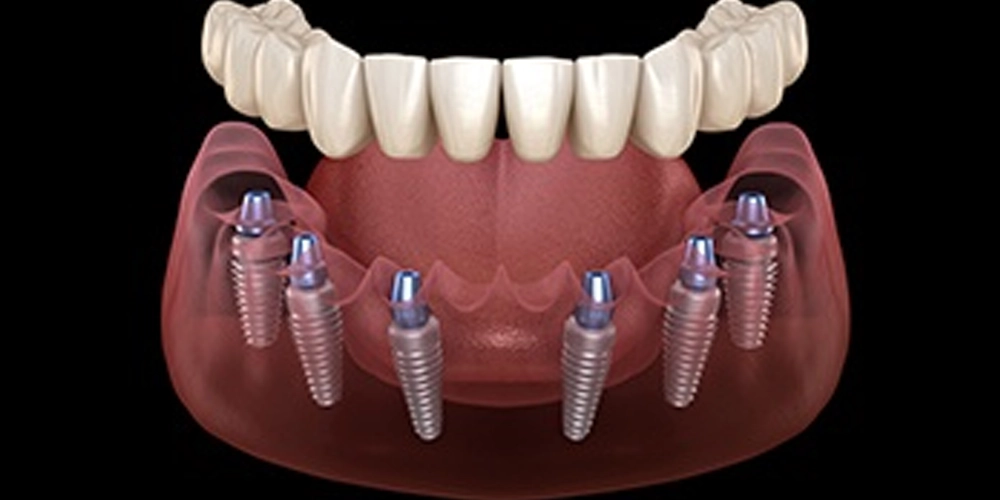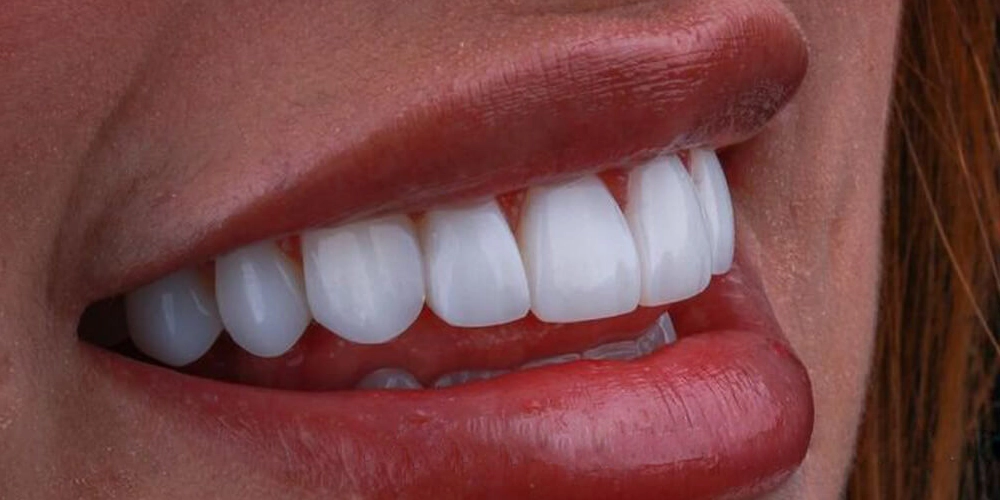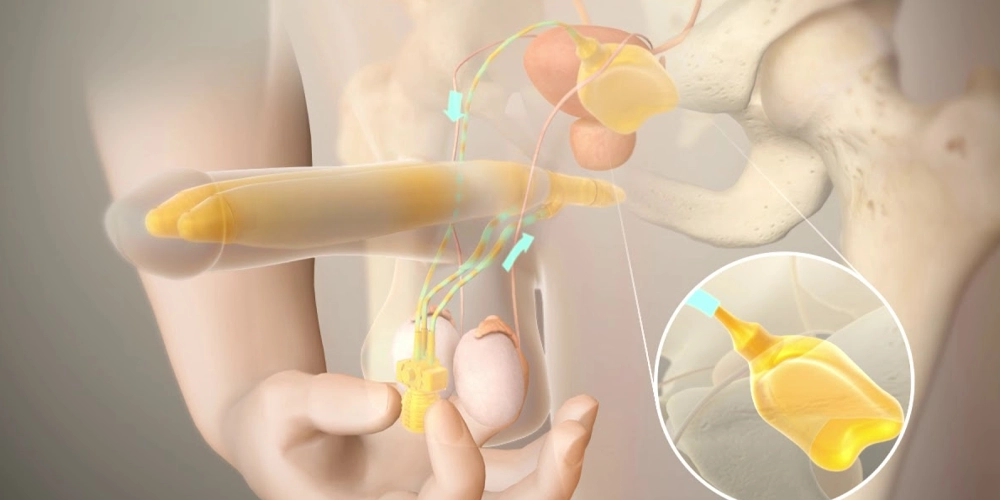

Hallux Valgus (Bunion) Treatment
1 – 2 Hours
General, Local or Spinal
2 – 3 Months
GET OFFER
Overview
Hallux valgus, commonly known as a bunion, is a foot deformity where the big toe bends inward toward the other toes. This condition can cause pain, swelling, and a visible deformity at the base of the big toe joint. While it can be caused by genetics or shoe choices, hallux valgus treatment can significantly reduce pain, correct the deformity, and improve overall foot function. Treatment options range from conservative methods to surgical intervention, depending on the severity.
Hallux Valgus Treatment at Atlas University Hospital: Restoring Comfort to Your Feet
At Atlas University Hospital, we specialize in hallux valgus treatment, offering comprehensive solutions to relieve pain and correct foot deformities. Our expert orthopedic surgeons and foot specialists provide a range of options, from non-surgical treatments like orthopedic shoes and exercises to advanced surgical procedures. By choosing hallux valgus treatment at Atlas University Hospital, you are taking a crucial step toward pain-free walking and a better quality of life.
Why Choose Atlas University Hospital for Hallux Valgus Treatment?
Choosing Atlas University Hospital for your hallux valgus treatment means you’ll receive highly specialized and compassionate care. Our patients trust us for our:
- Specialized Expertise: Our orthopedic surgeons are highly skilled in diagnosing and treating hallux valgus with both surgical and non-surgical methods.
- Personalized Treatment Plans: We create a customized plan based on the severity of your condition, your symptoms, and your lifestyle.
- Comprehensive Care: We provide full support, from your initial consultation and diagnosis to your post-treatment recovery.
- Advanced Facilities: All treatments are performed in our modern hospital in Istanbul, equipped with the latest technology.
The Hallux Valgus Treatment Procedure at Atlas University Hospital
The hallux valgus treatment procedure at Atlas University Hospital is a carefully planned process.
- Procedure: Varies based on the treatment (e.g., surgical intervention, orthopedic devices).
- Duration: Surgical procedures typically take 1-2 hours.
- Anesthesia: Local or general anesthesia is used for surgical interventions.
- Location: All treatments are performed in the modern facilities of Atlas University Hospital in Istanbul.
- Recovery: Recovery time varies, but surgical recovery usually takes 2-3 months.
Your Hallux Valgus Treatment Journey: The Daily Plan at Atlas University Hospital
We provide a clear, day-by-day plan for your hallux valgus treatment journey at Atlas University Hospital to ensure a supportive and structured experience.
- Day 1: Arrive in Istanbul and transfer to the hospital. You will have a consultation with your doctor and a detailed foot examination, including necessary tests like X-rays.
- Day 2: Your hallux valgus treatment is performed. If surgery is required, you will be admitted to the hospital.
- Day 3: You’ll have a check-up with your doctor. If you had surgery, dressings will be changed. You will then be discharged to your hotel, depending on your condition.
- Days 4-9: You will rest at your hotel, following your doctor’s recommendations for foot care and medication.
- Day 10: You will return to your home country.
Post-Treatment Care from Atlas University Hospital
Following your post-treatment instructions from Atlas University Hospital is vital for a smooth and successful recovery.
- Medication: Use prescribed medications regularly to manage pain.
- Foot Care: Keep your feet clean and dry. Use bandages or splints as recommended after surgery.
- Activity: Adjust your activities as advised by your doctor and avoid strenuous exercise.
- Shoes: Wear appropriate shoes and avoid high heels to prevent the condition from worsening.
- Follow-up: Adhere to your doctor’s advice and schedule a follow-up appointment with a local doctor in your home country.
Frequently Asked Questions about Hallux Valgus Treatment
Q: Is hallux valgus treatment painful? A: Non-surgical treatments are generally painless. If you undergo surgery, post-operative pain is expected but can be managed with pain medications.
Q: How long will it take me to recover after hallux valgus surgery? A: Recovery time varies, but it usually takes a few weeks to a few months to fully recover and return to normal activities.
Q: What are the risks of hallux valgus treatment? A: Non-surgical treatments have minimal risks. For surgery, risks can include infection, nerve damage, or, in rare cases, bones not healing properly. Your doctor will explain all potential risks in detail.
Q: Who is a suitable candidate for hallux valgus treatment? A: People with a hallux valgus deformity that causes pain, a change in foot function, or a significant cosmetic concern may be suitable for treatment. Your doctor will evaluate your condition to determine the most appropriate treatment for you.

